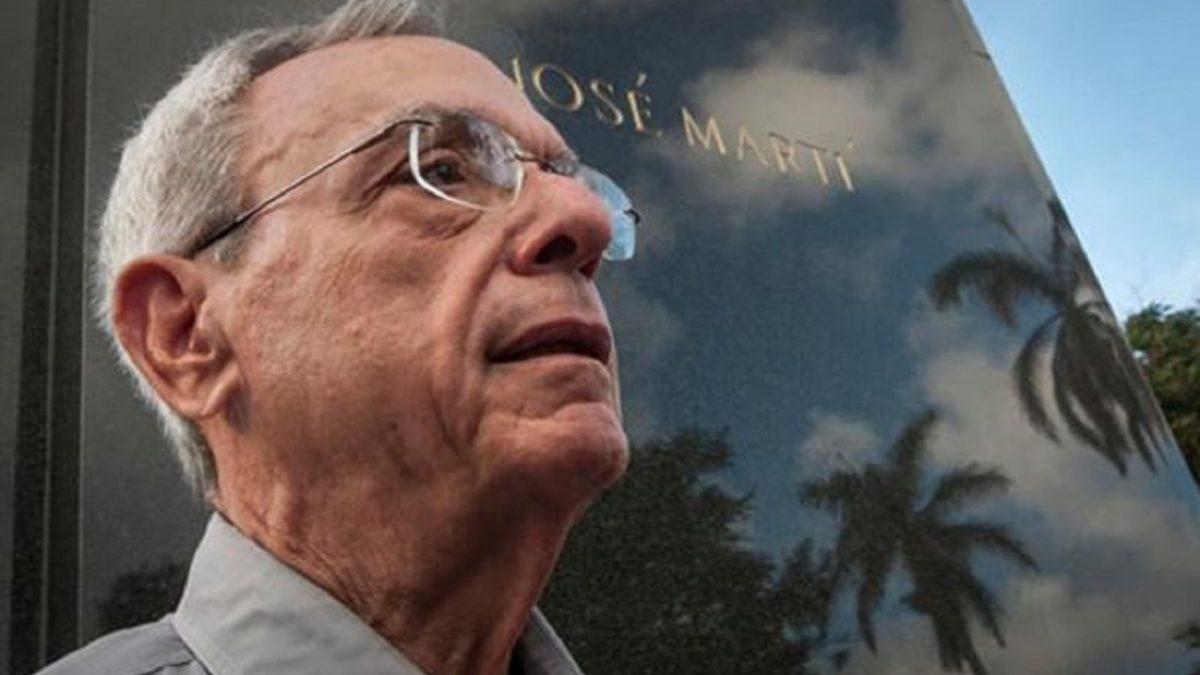… “Perhaps the most distressing thing is the passage of the time over us, for me, in this case. Wanting to return with the same force, with the same verve to do what we did yesterday, sometimes, it is not possible”. (Eusebio Leal Spengler)
Mayabeque, Cuba: This is how the scholarly historian expressed when exchanging with the singer-songwriter Amaury Pérez in the program “Con dos que se quieran”, it was clear that life has a limit for humans, no matter that they are like him, great for what he made and bequeathed us.
As of this July 31, 2 thousand and 20, he will no longer travel through the old streets of Old Havana, or through the Paseo del Prado, or through the works that little by little change the face of an original and incomparable piece of the Cuban capital, but he will continue present because his teachings will remain as the essential didactic of a man who long ago ceased to be him to become the watchman par excellence of the largest city in this archipelago.
Eusebio Leal was never ashamed of his dedication to the Gospel and knew how to find in the triumphant revolution the answers to his “intense and suffering social concerns”.
“I had a deep conviction, Leal said, “when I once read a letter that Fidel sends to Renato Guitart’s father, a very moving letter, indeed, very intense, telling him of the fate of his son, of Renato’s death in the Moncada, I felt that what was written there was a protection, it was a word of answer to my own concerns. And from my convictions, I entered the bosom of the Communist Party of Cuba, believing in the Party’s program, in the will and in the spirit of what was contained there. ”
He, who would never stop being the Historian of Havana, considered himself a fidelista. Fidel’s thought, he argued, “was more encompassing and broader, and by nature more revolutionary and even sometimes more iconoclastic, than the canons of dogma or doctrine.” Perhaps that is why it was a privilege to be close to Fidel and other men and women who also were and are faithful to the Homeland.
Eusebio Leal Spengler is no longer physically among us, many people in the world, along with the Cuban people, will dismiss him as the man who was what he wanted to be, who enjoyed what he built, who loved Havana and gave himself body and soul.
He was so devoted to his cause that he had little space for himself, he was overwhelming and shocking prose, he believed deeply in freedom and made loyalty the infinite priesthood of those who, even leaving, always remain.






